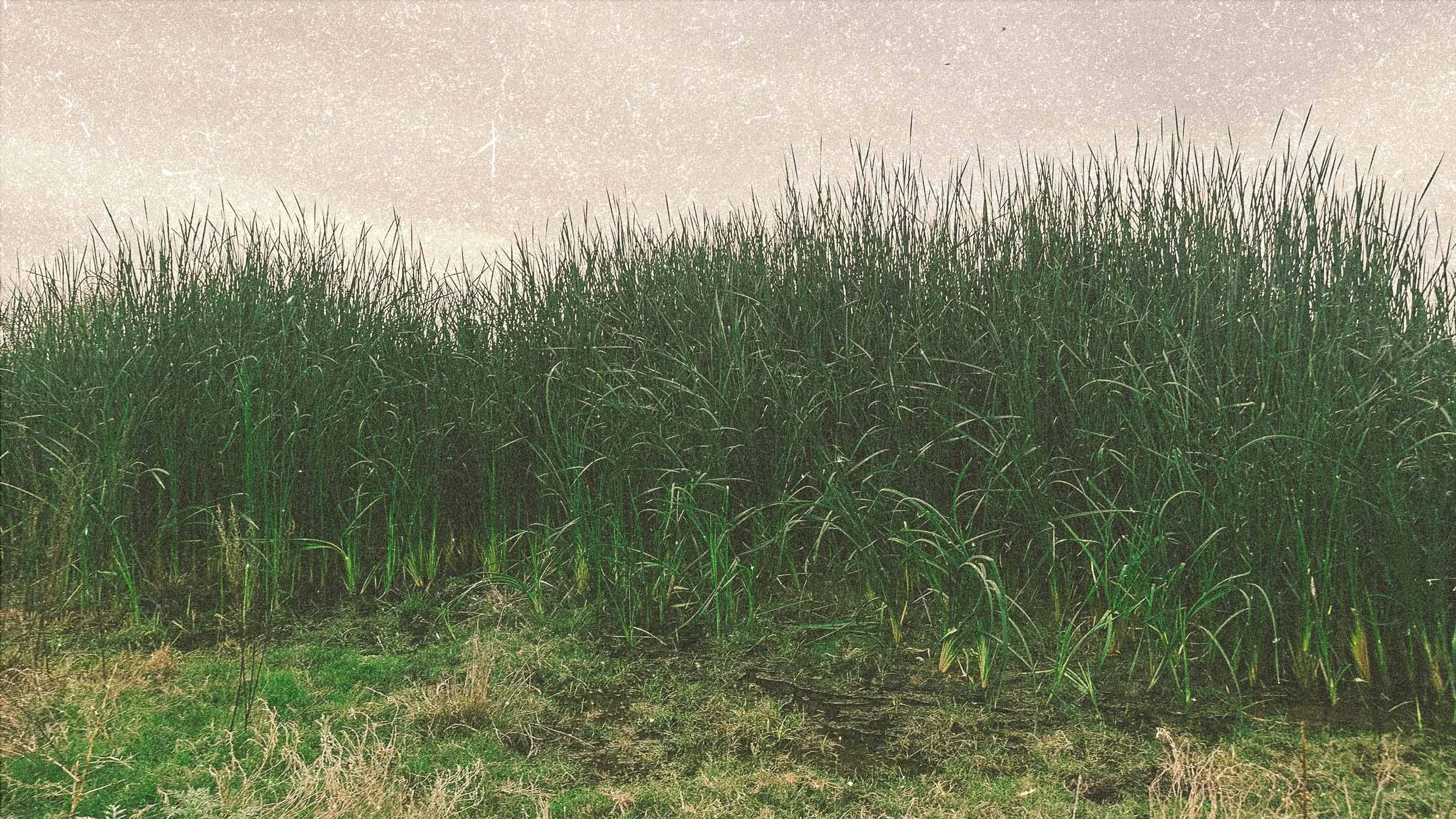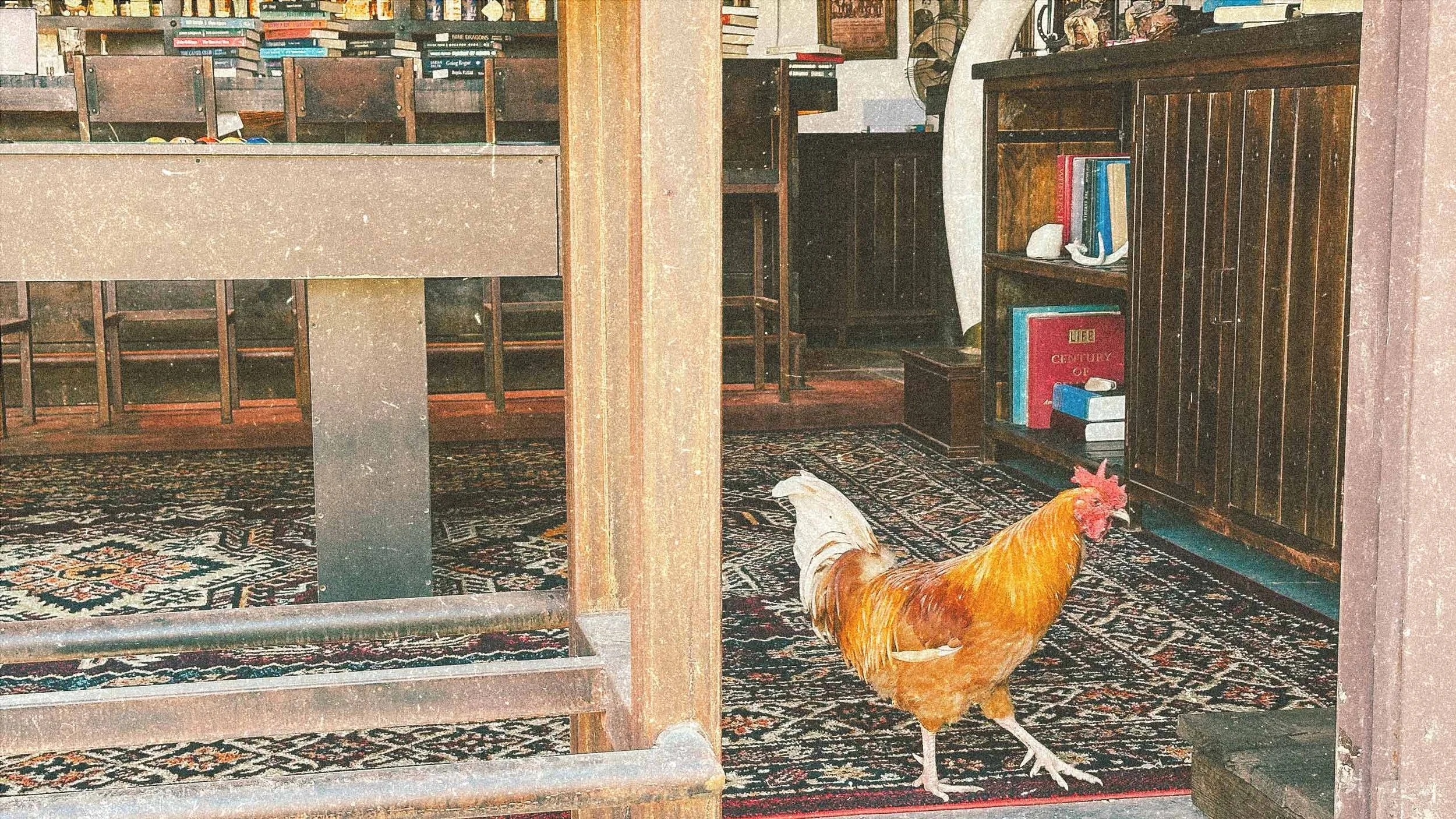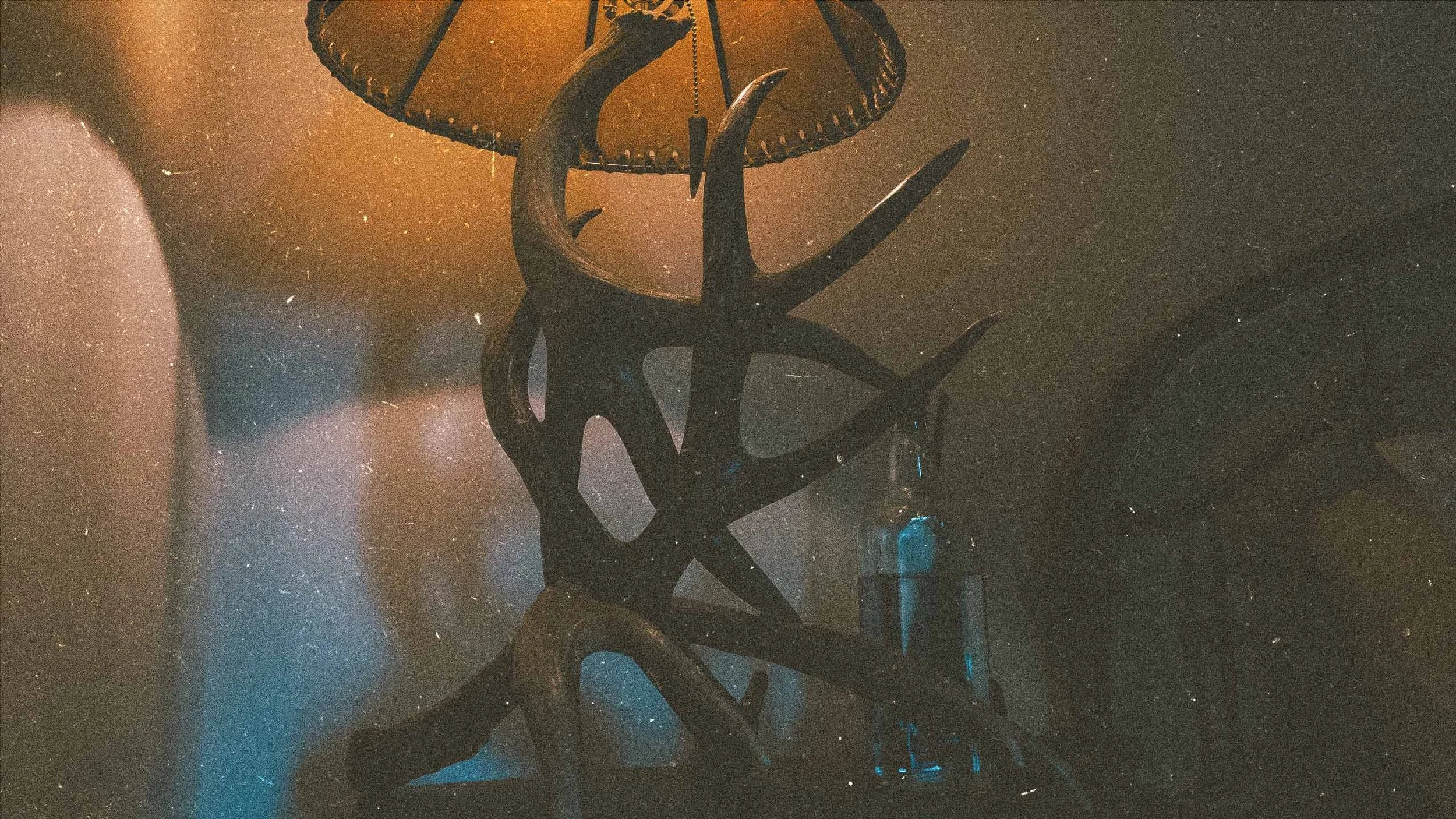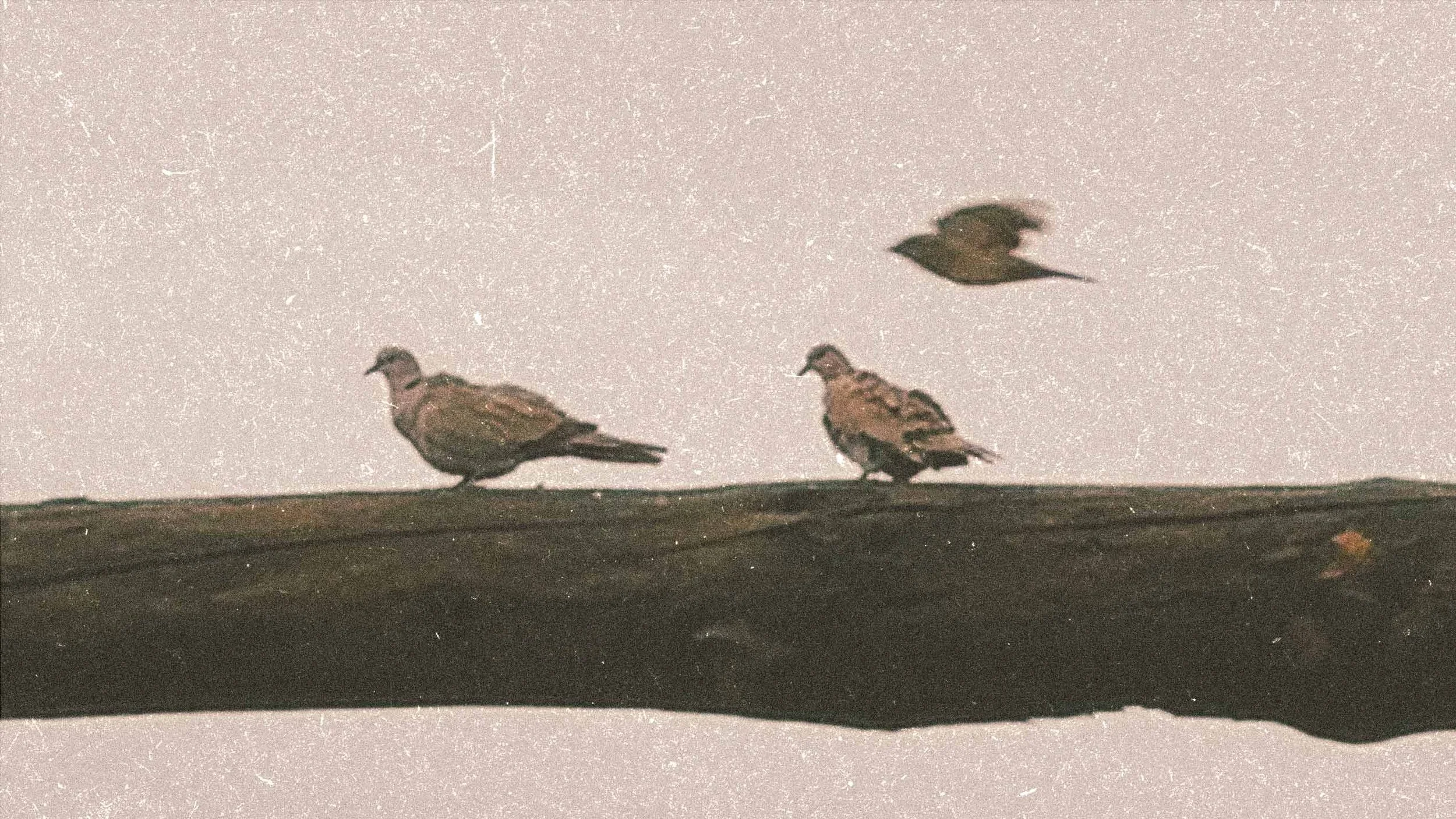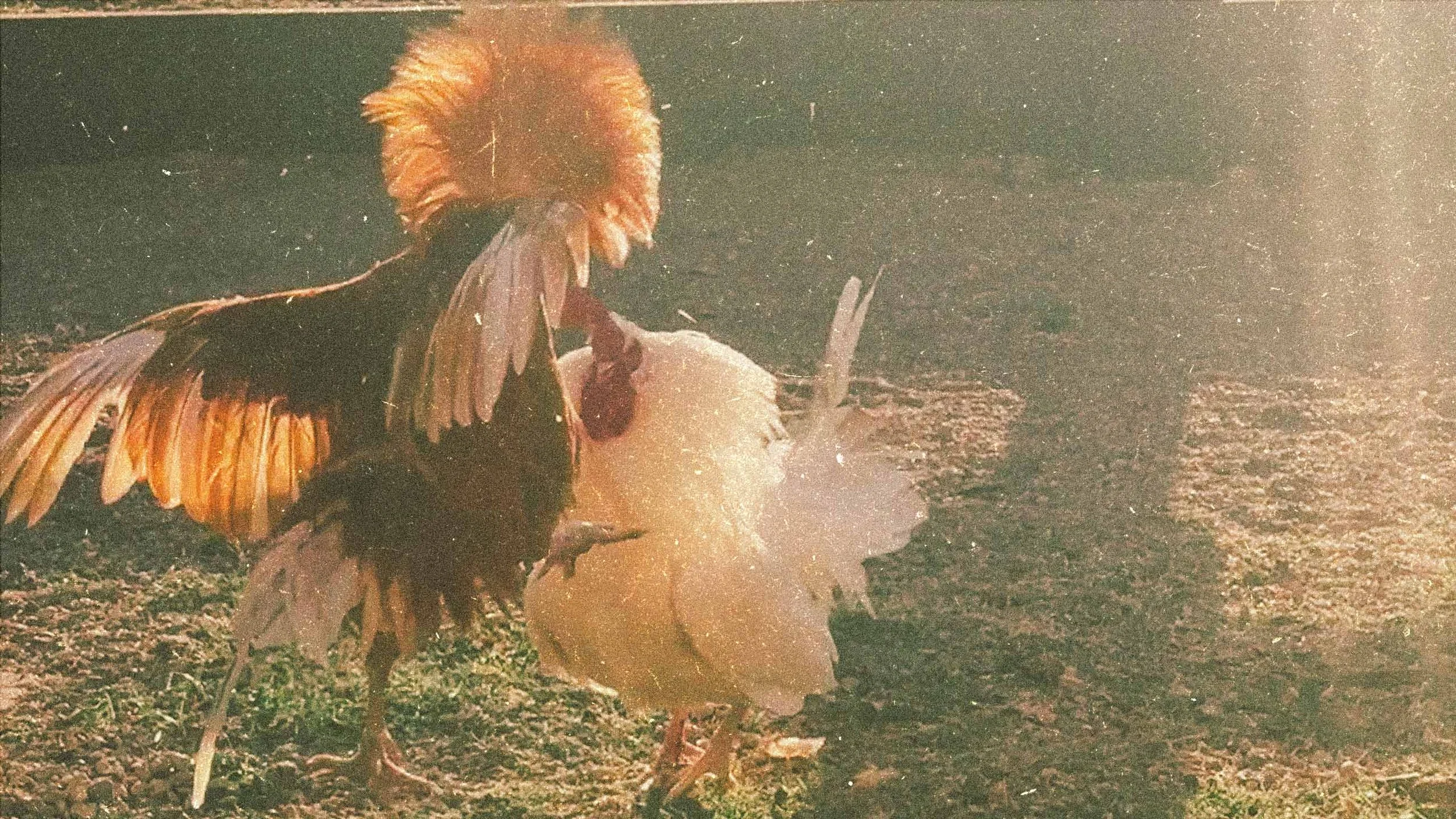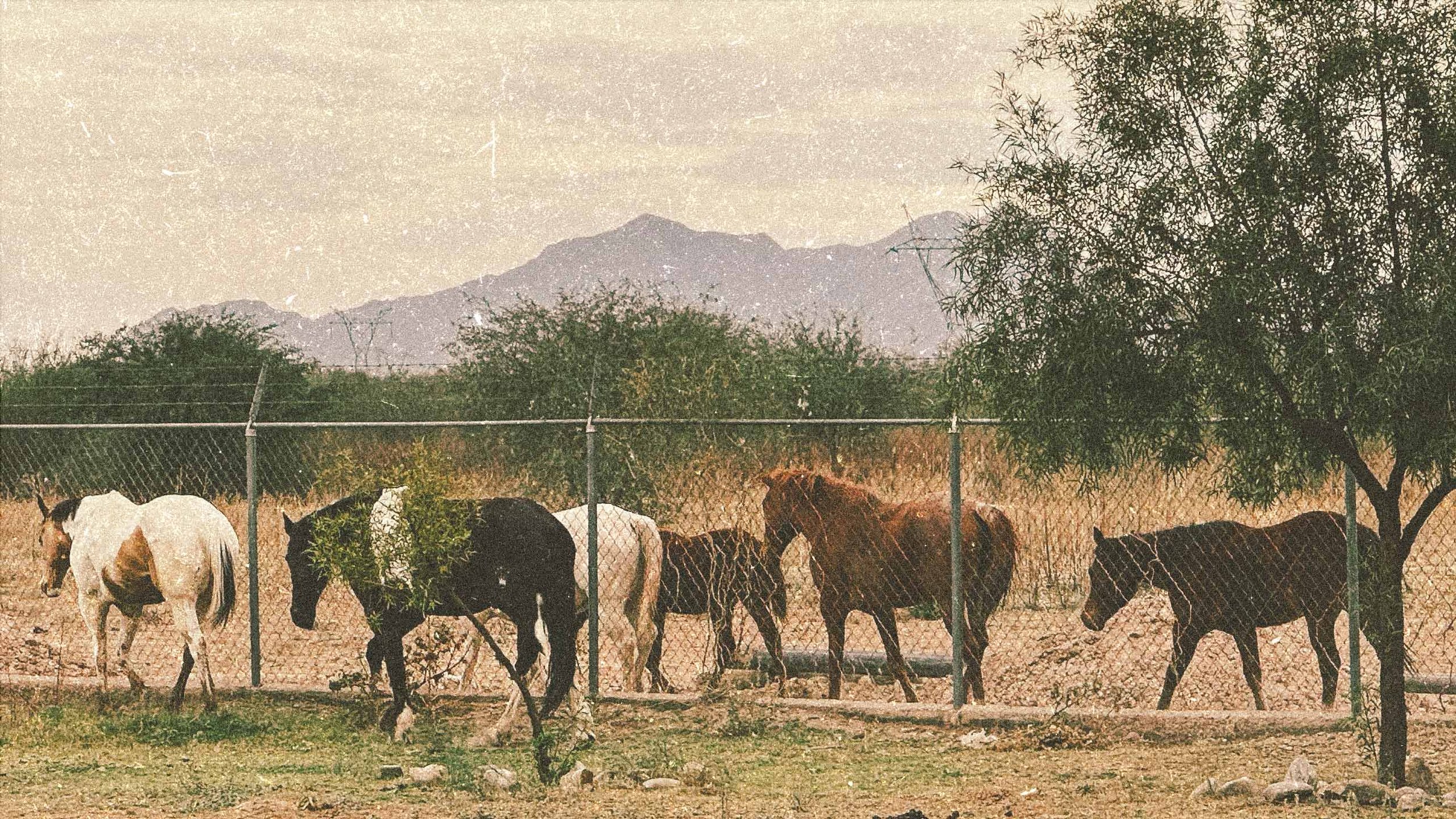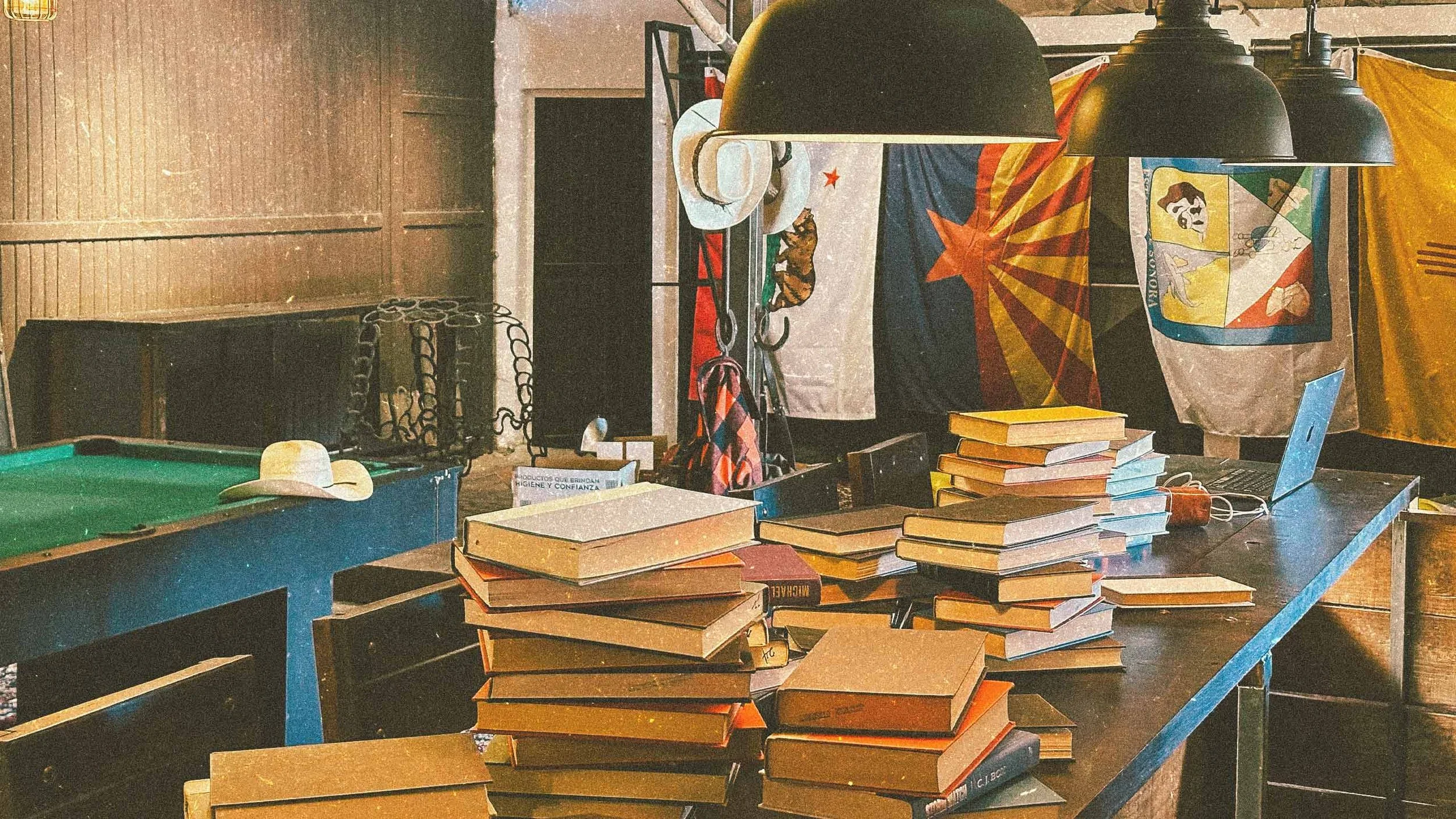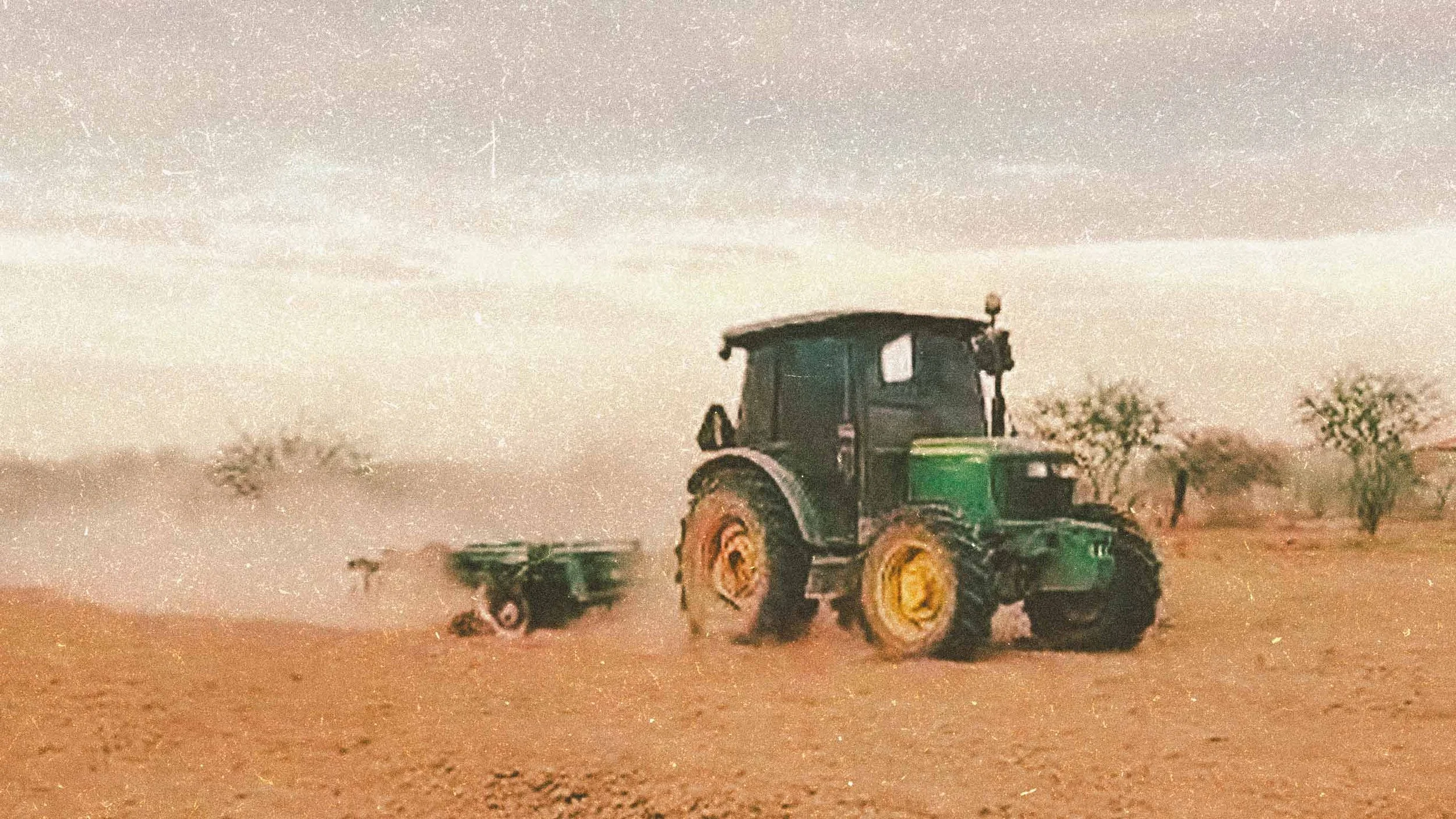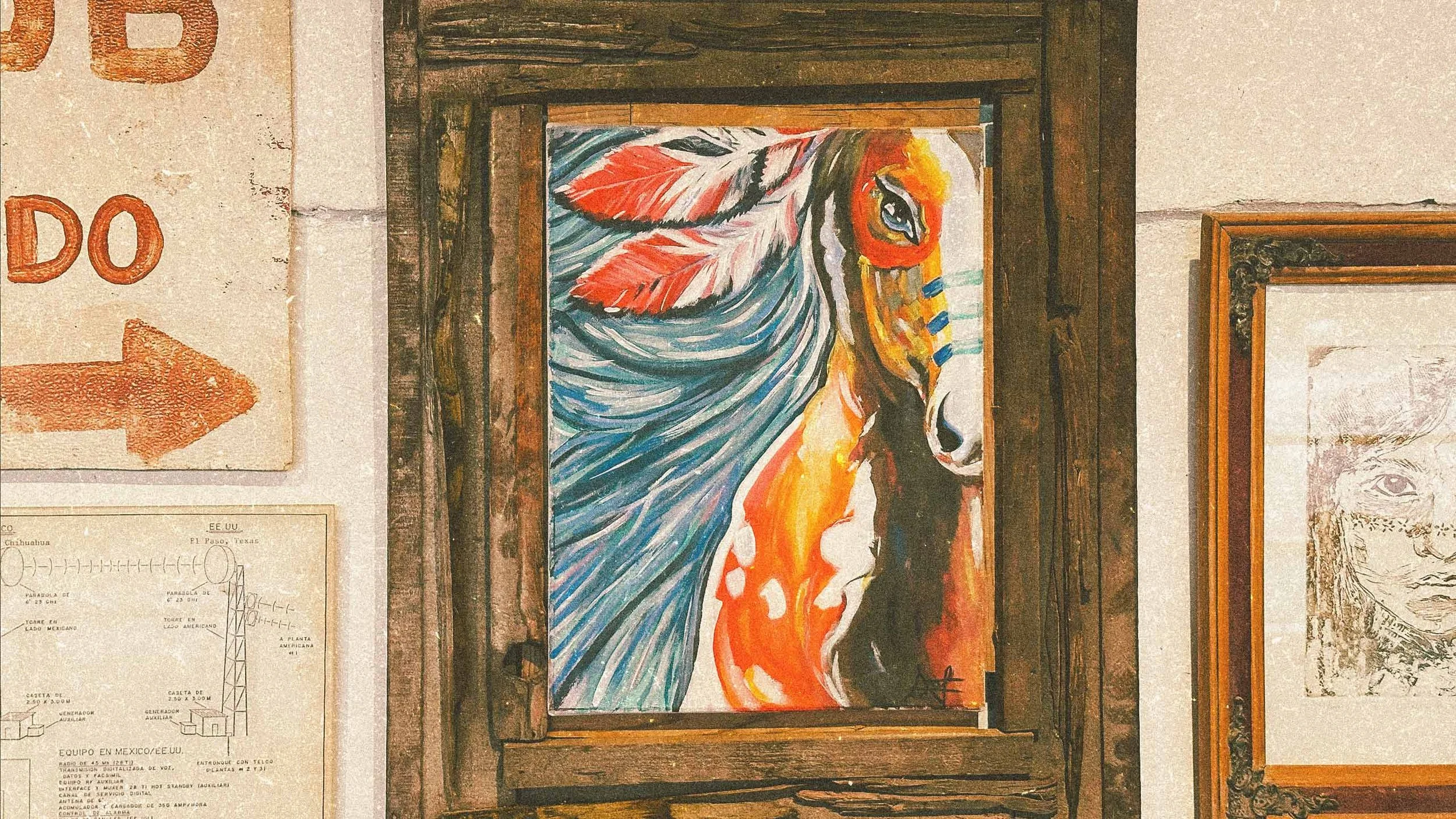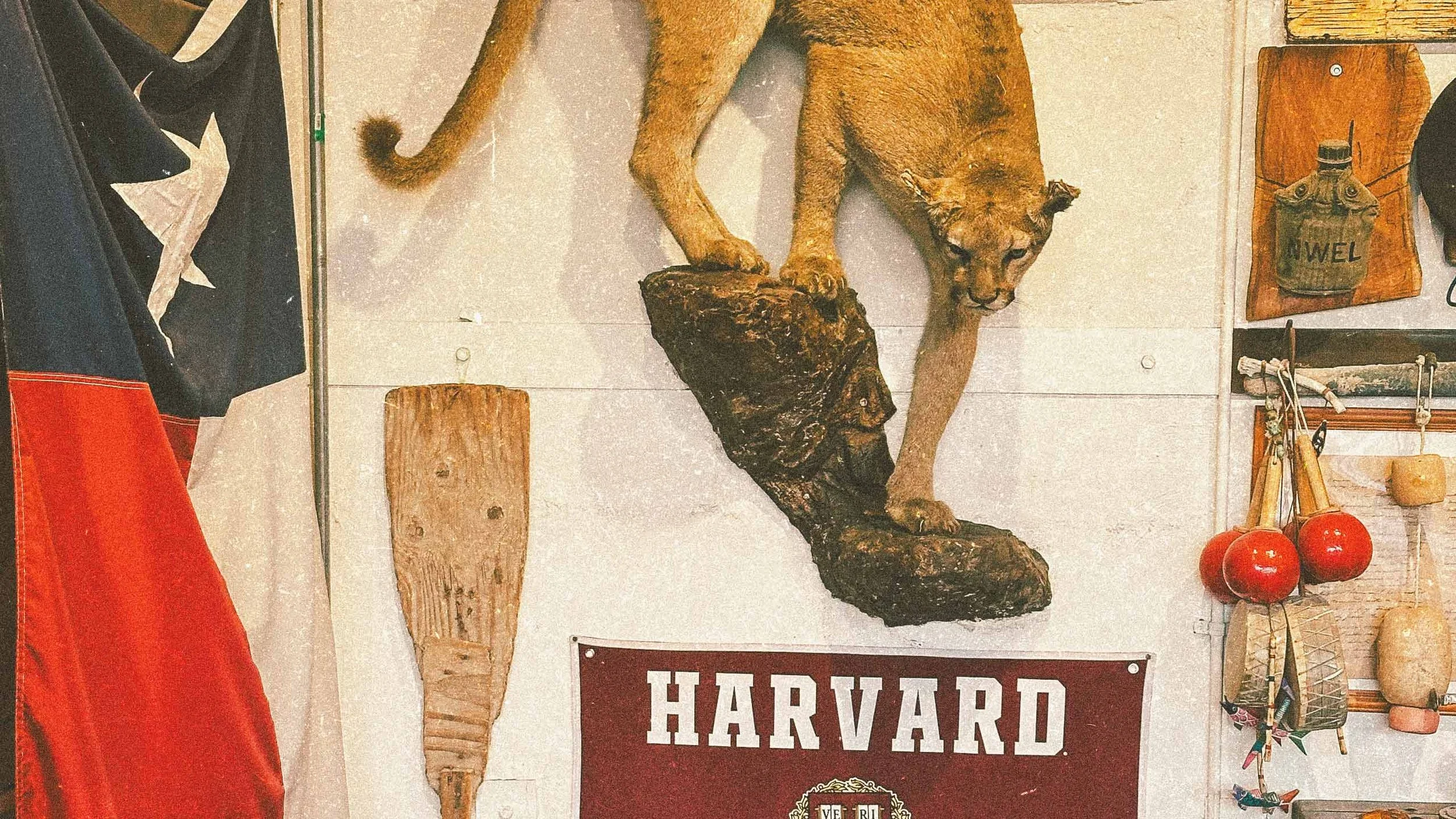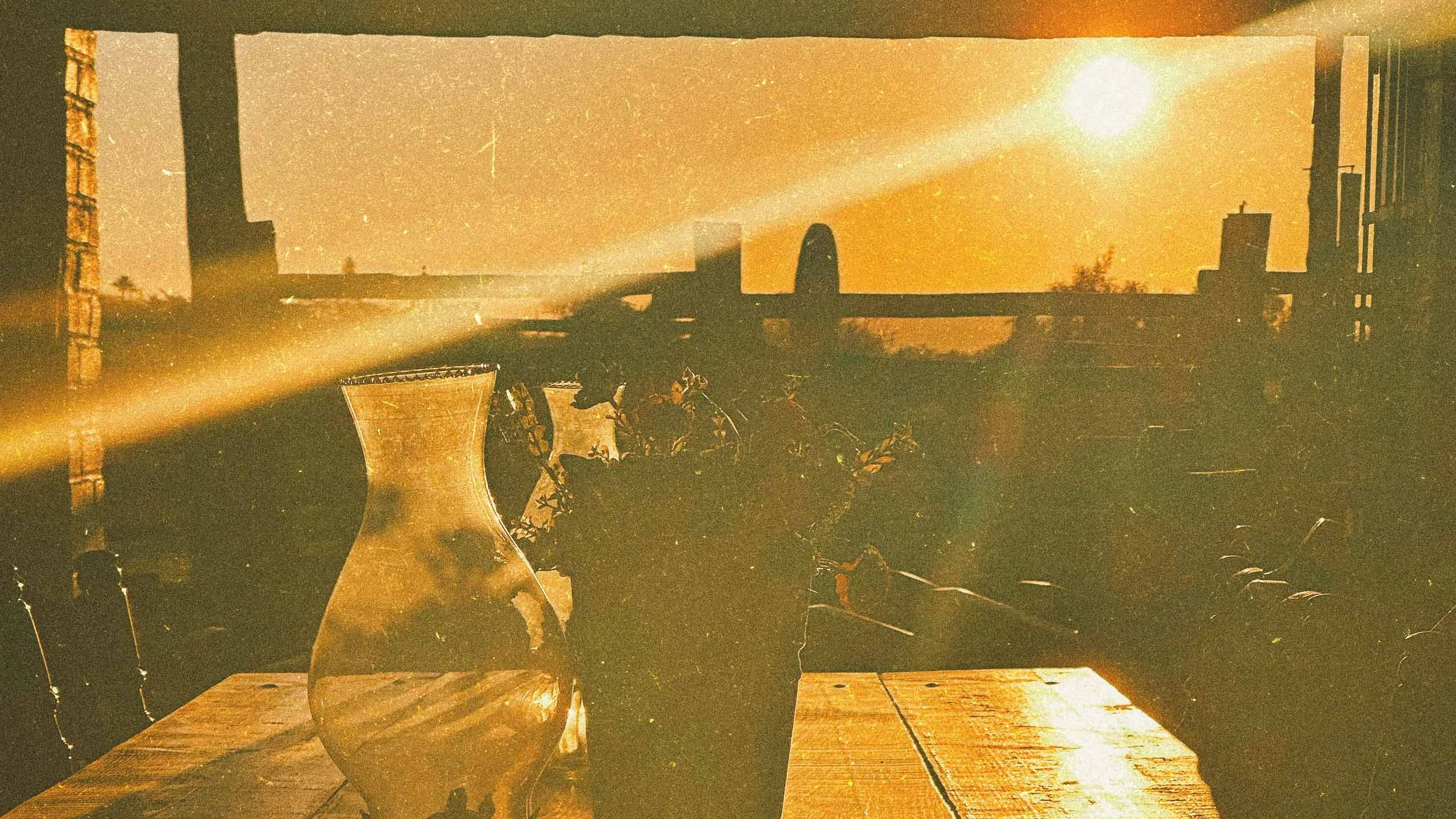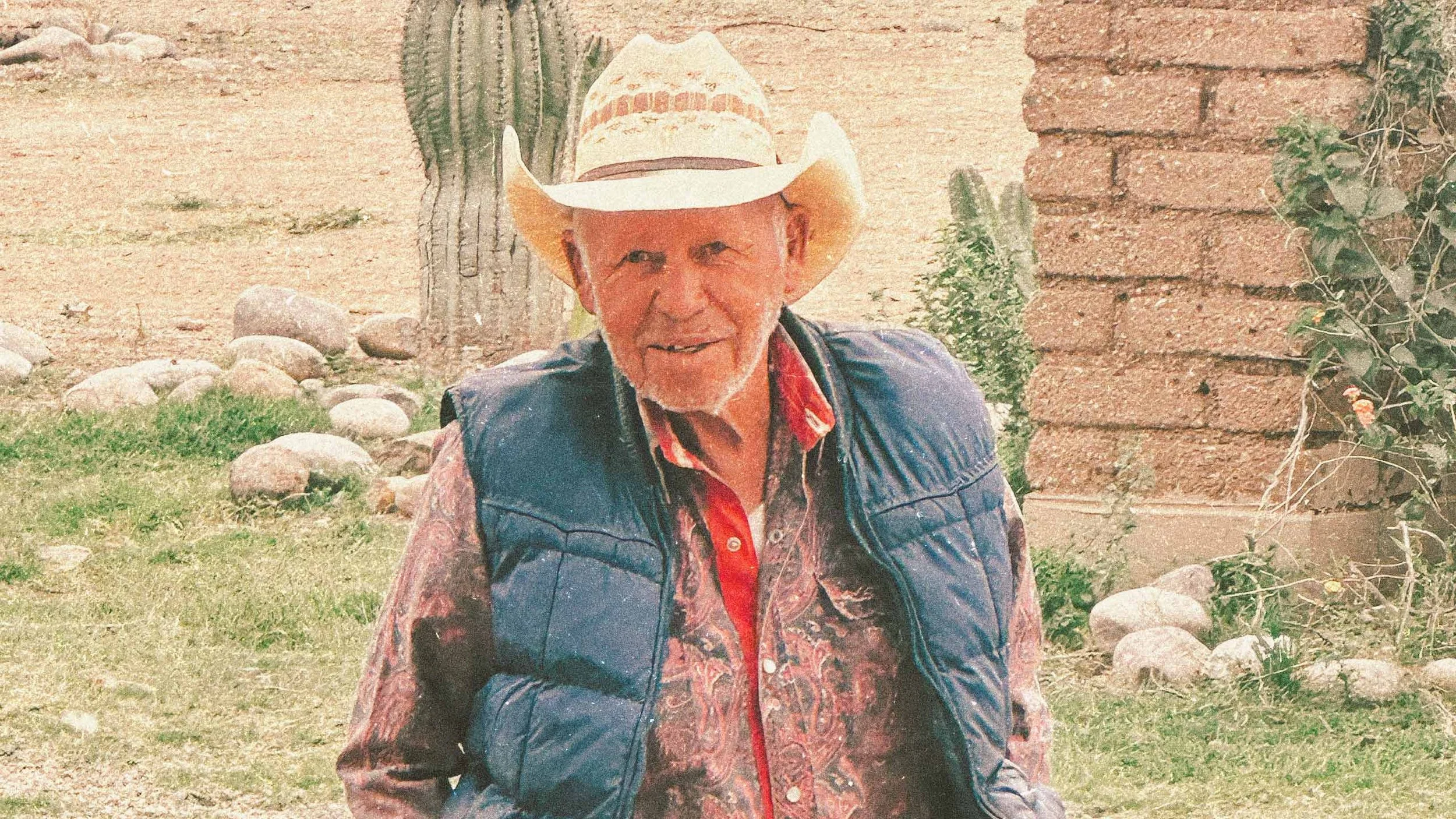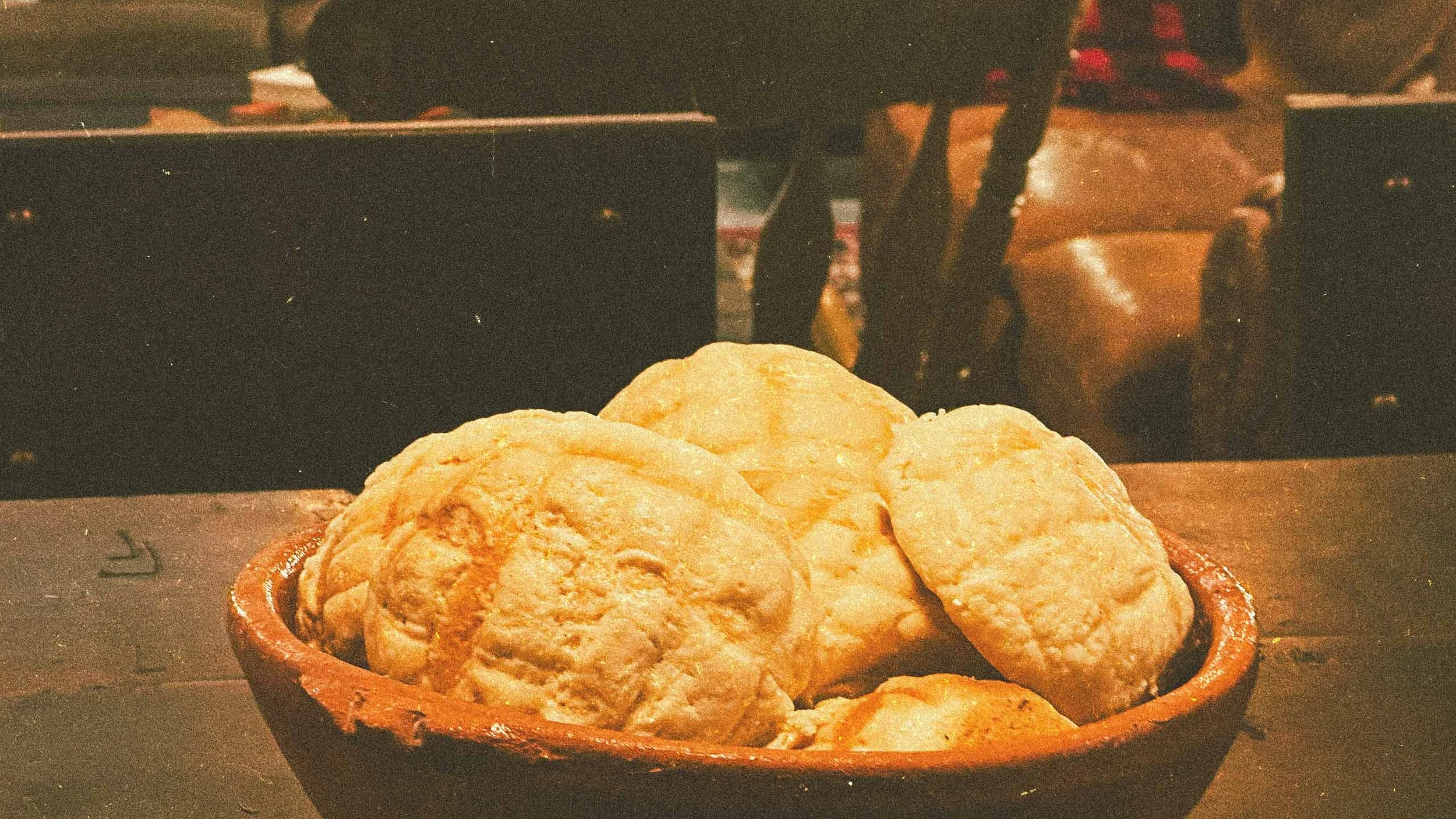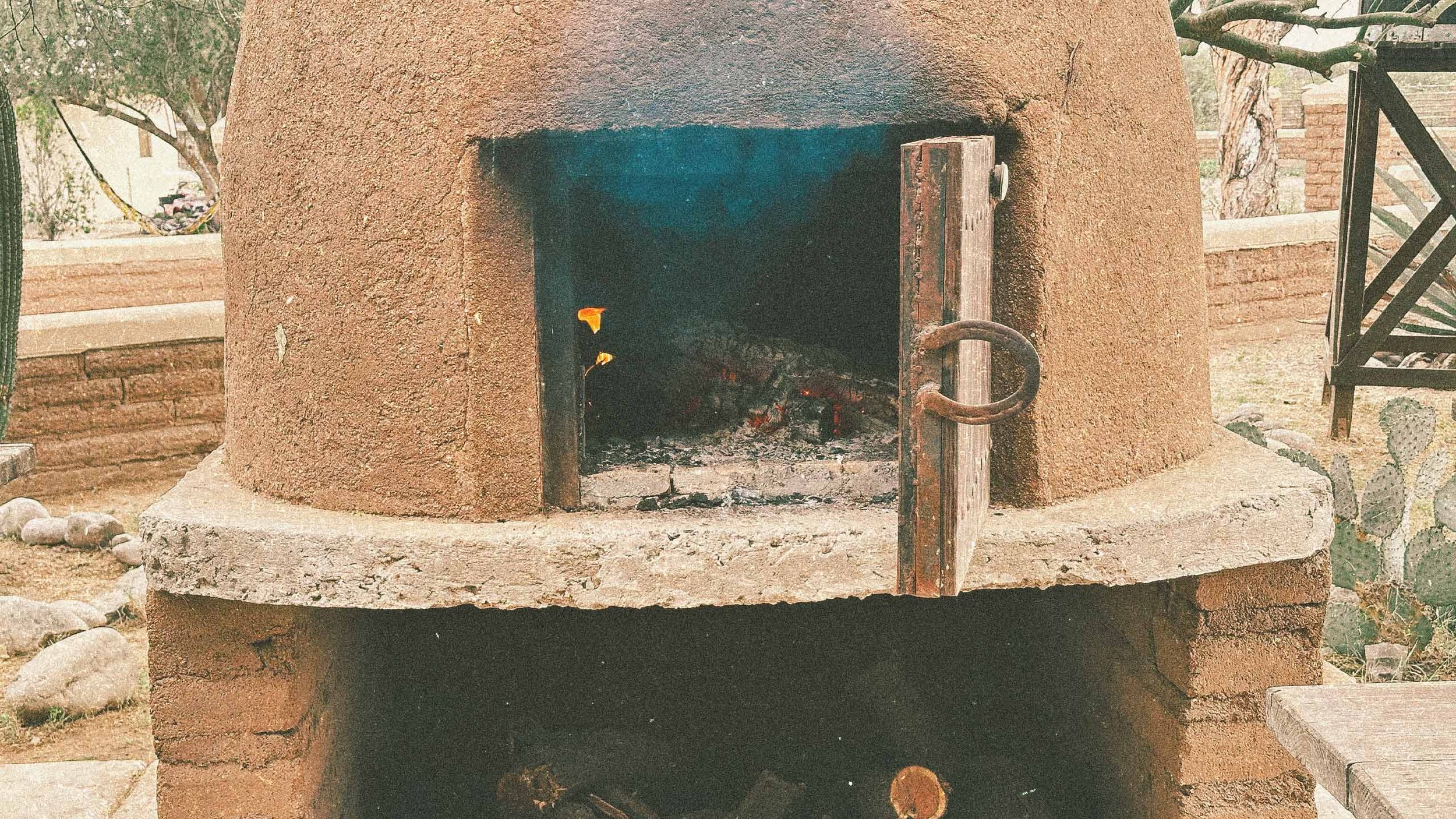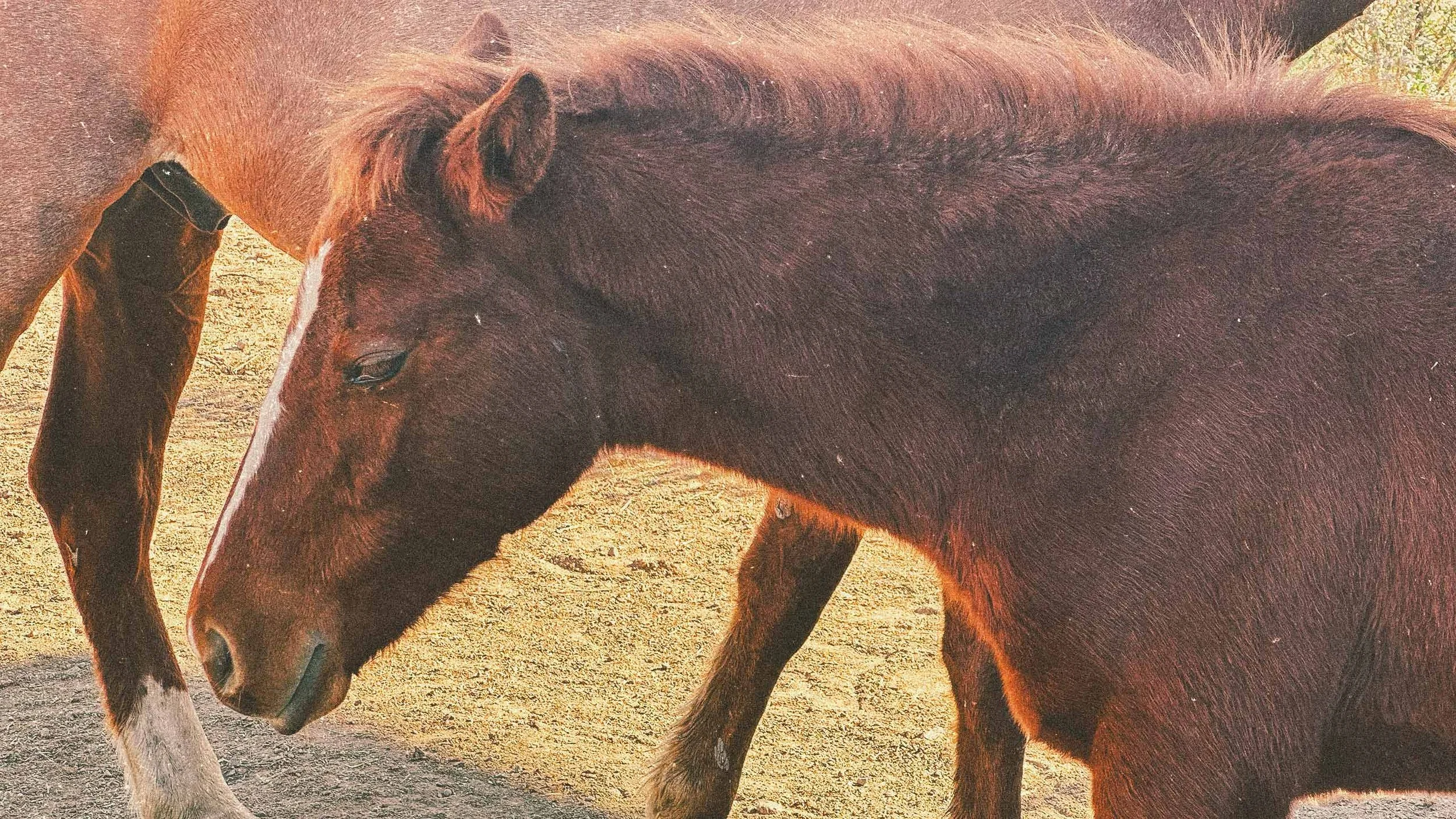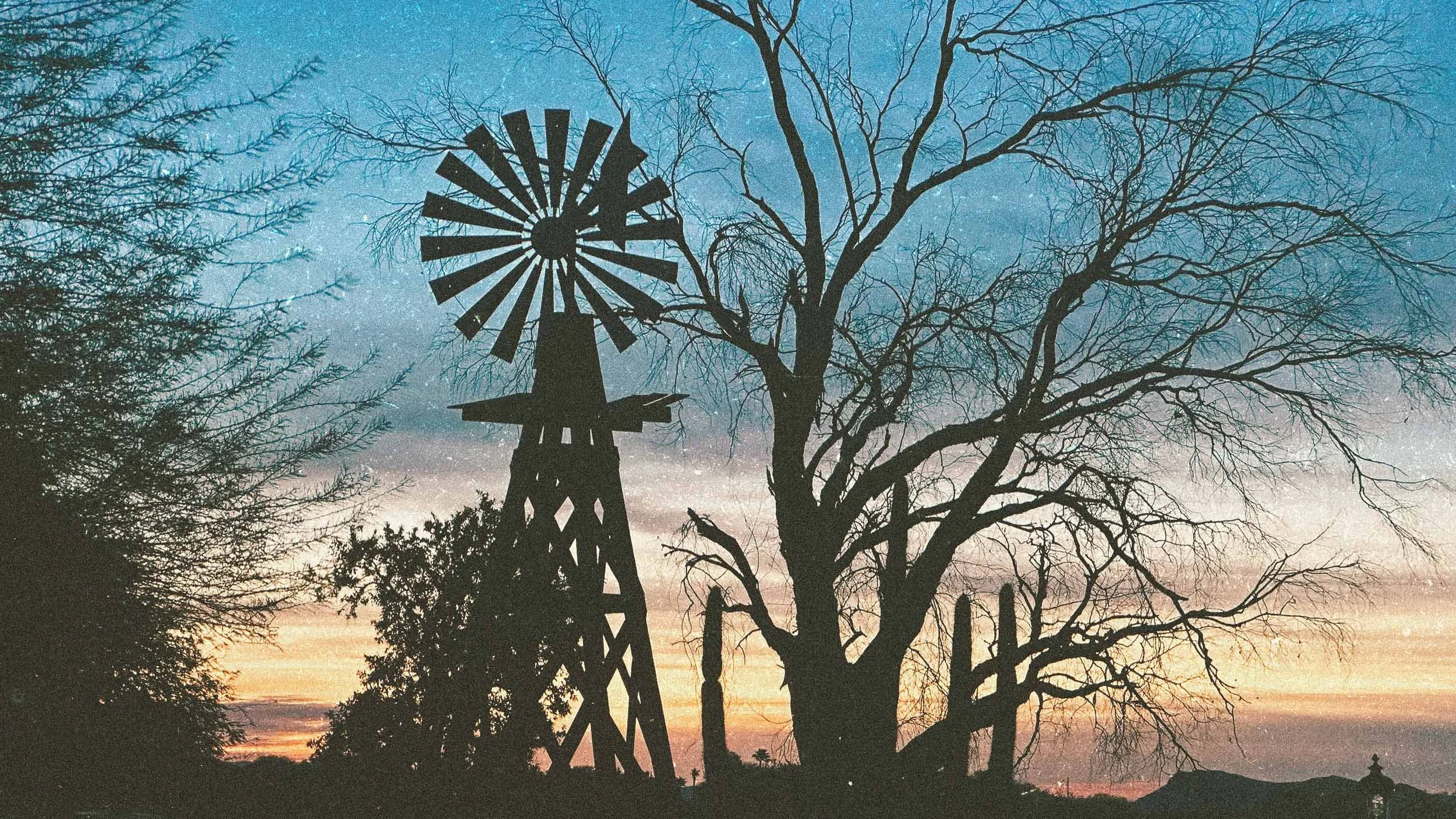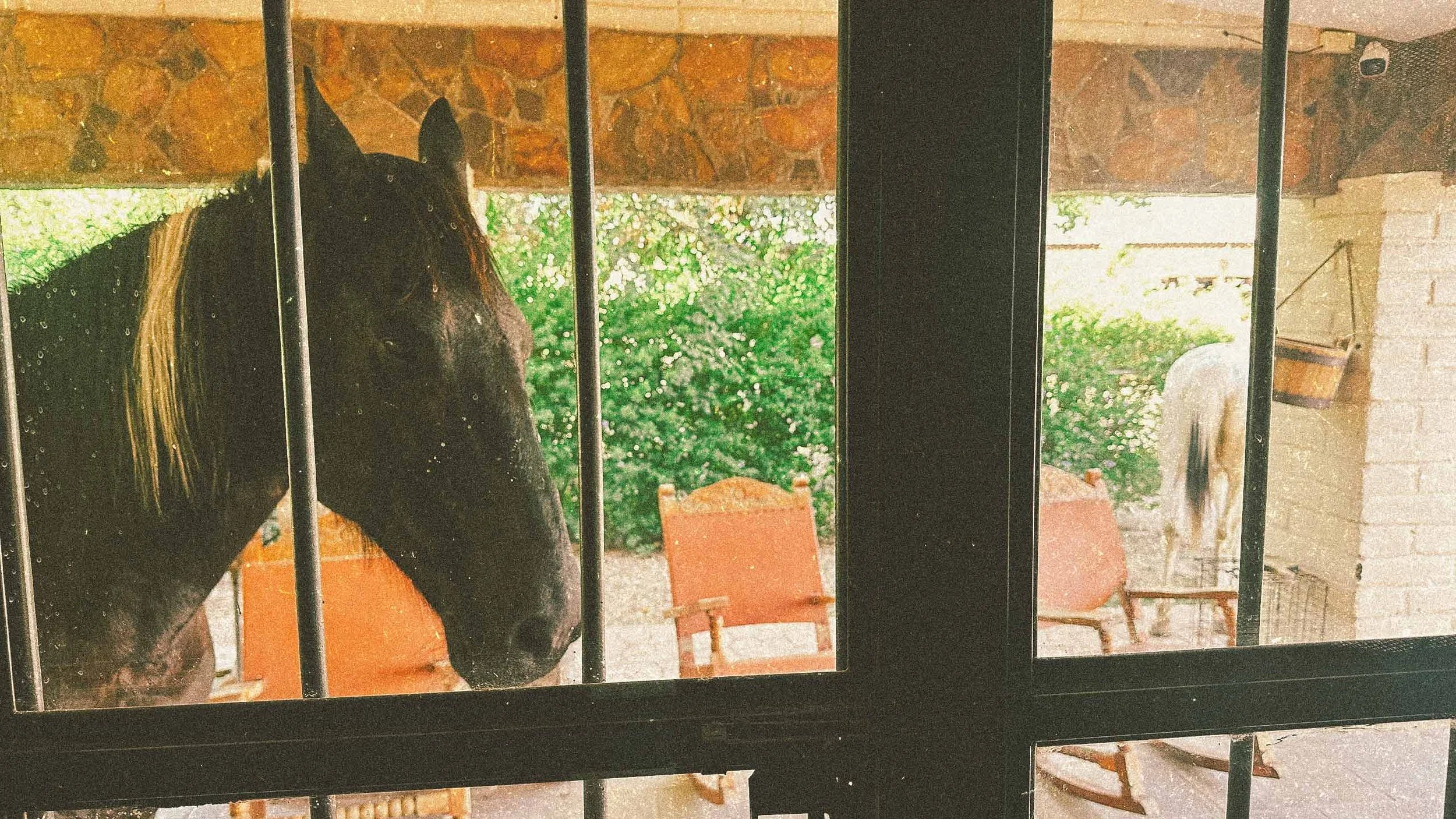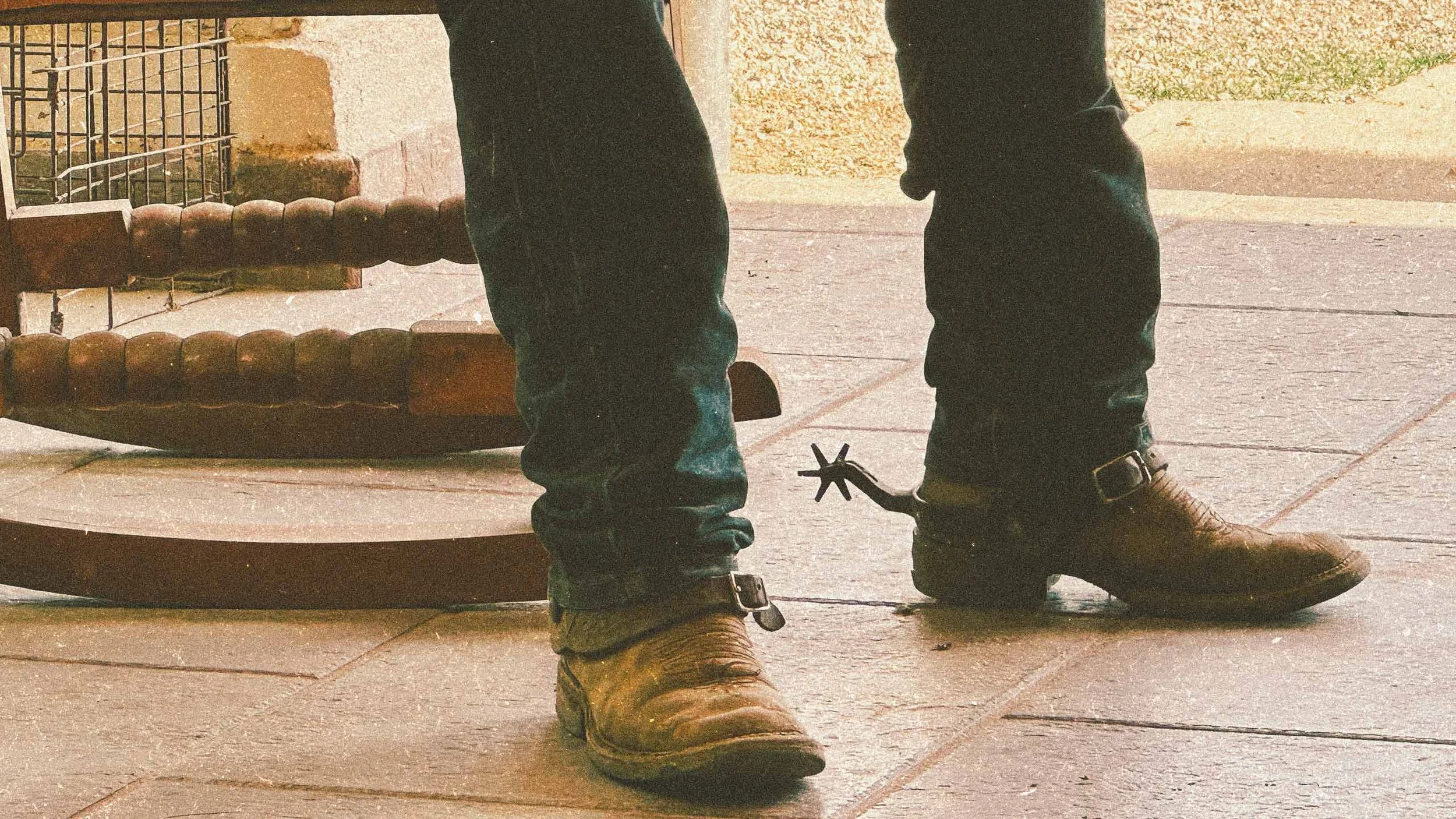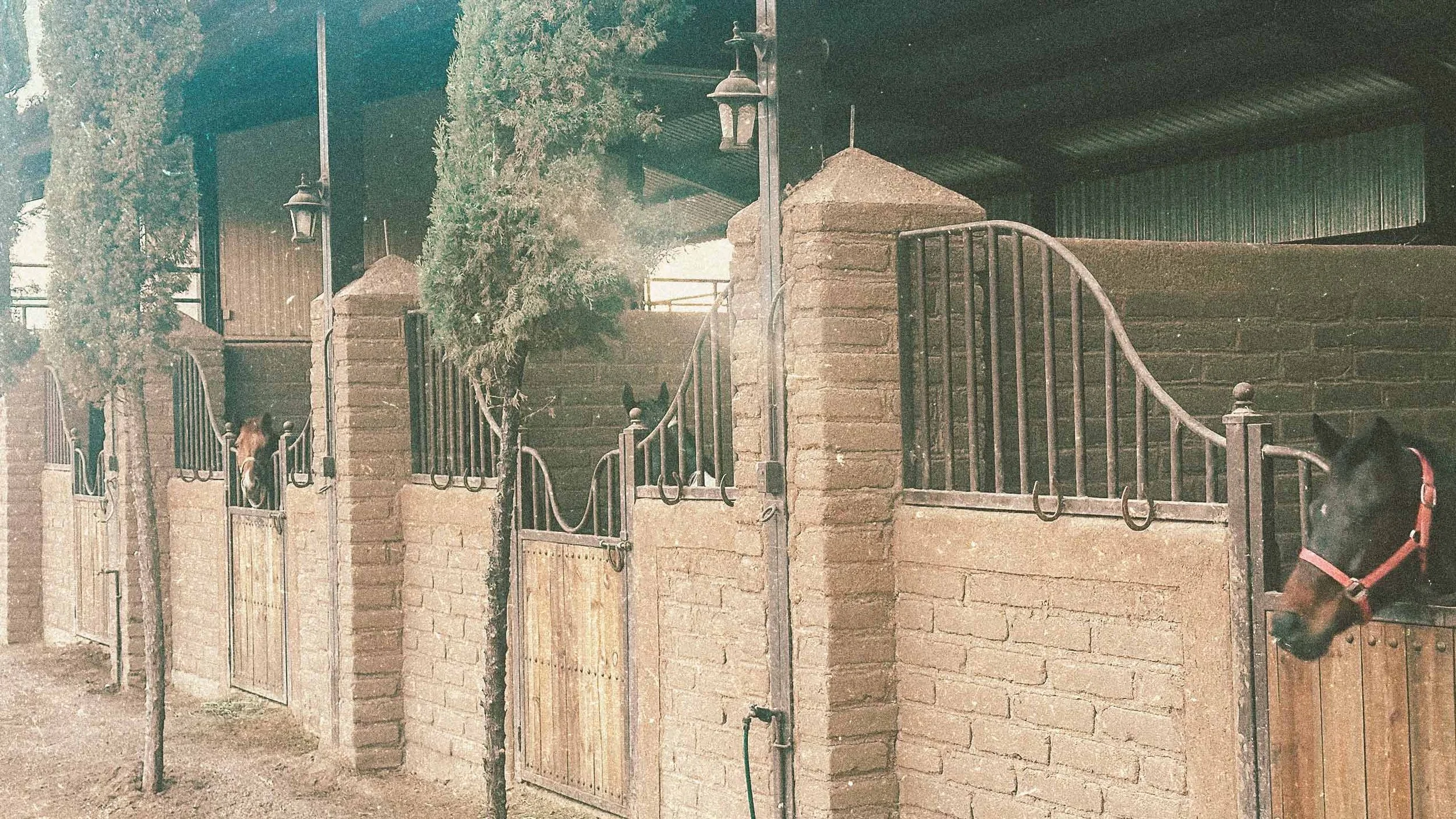What you reward
Some people read maps.
They want to know where they are, where they’re going, and how to get there.
They move well on known ground.
Some people make maps.
They interpret the landscape. They turn ambiguity into instruction. They sell clarity.
Some people don’t wait for maps.
They move before the path is drawn. They carry a compass. They make new ground.
Explorers make the future. Map makers make it legible. Readers make it scalable.
All three matter.
You say you want explorers. You reward the map makers.
You say you value innovation. You promote predictability.
Center moves
You wanted it.
You worked for it. You sacrificed for it. You won.
Now it’s yours.
You earned it.
You tell yourself it’s only fair.
It became about you.
Nothing hidden
A public budget you can search like you search Google.
A contract that shows every change and who made it.
A public purchase you can track from announcement to payment.
A land title that can’t quietly change hands.
A permit queue everyone can see.
A record that doesn’t disappear when leadership changes.
Corruption prefers darkness.
Less darkness changes the math.
What it’s for
Systems don’t trap people. They select them.
They keep the ones who can live with the tradeoffs. They eject the ones who can’t.
So when a system produces outcomes you say you hate—corruption, obesity, pollution, addictive products, disposable work—
and you’re still in it,
the system isn’t failing you.
It’s serving you.
Just not the part of you that wants to feel principled.
Worth missing
Did you create specific value, or just occupy a slot?
Did you solve a problem your way, or follow the script?
Did anyone change their behavior because you were there?
Did anything depend on you?
Did you ever take a stand that cost you something?
Did you ever make a decision that couldn’t be undone quietly?
Did you ever put judgment, taste, or care on the line— knowing it might not work?
Being missed is a side effect of having risked something.
What survives
The world isn’t short on people who care. It’s short on people willing to choose them.
Caring more doesn’t decide what survives. Being chosen does.
Most effort disappears, not because it lacked intent, but because no one chose it.
That’s the market at work.
What lasts is what we pick.
First yes
Traction doesn’t come from the market.
Not at the beginning.
Early traction is local liquidity. A few people willing to try before it’s safe, before it’s proven.
That first yes rarely comes from strangers.
It depends on insiders. And it stalls when they won’t go first.
A university that teaches innovation but won’t use what comes out of its own classrooms.
A government that promotes entrepreneurship but won’t buy from local startups.
A large company that mentors founders but never uses what they build.
Not because the work is bad.
Because being first carries responsibility.
Buying something already famous feels safer. The blame isn’t yours.
Early traction isn’t a transaction. It’s a gift.
Traction isn’t about startups being good enough.
It’s about communities being brave enough to go first.
Just enough
The places I remember most felt obvious.
Nothing to decode. Nothing to justify.
They just acted like they understood why I was there.
And that was enough.
The cost
Suspend your own story.
Give up being right.
Enter a logic you don’t respect.
Listen without interrupting.
Don’t correct the facts.
Don’t optimize the conclusion.
Let the explanation stand, even if it bothers you.
Accept that it makes sense to them.
Stay in the discomfort without fixing it.
Leave without agreement.
Leave without winning.
Empathy is expensive. That’s why it’s rare.
Too early
Being misunderstood early isn’t a flaw. It’s a signal.
If everyone gets it right away, you probably didn’t choose anything.
You rounded the edges. You borrowed familiar language. You made it easy to agree with.
That’s not clarity. That’s camouflage.
The work that matters often looks wrong at first. Too narrow. Too quiet. Too specific. Too early.
So people question it. They mislabel it. They suggest improvements.
That’s the tax.
If no one pushes back, nothing has changed.
No boundaries
It starts small.
Answering the message you didn’t have time for. Fixing what wasn’t yours to fix. Letting a comment slide. Staying late once. Then again.
You call it flexibility. You call it being helpful.
Someone else calls it normal.
They ask again. They stop asking politely. They assume.
That’s not cruelty. That’s information.
The damage isn’t caused by bad people. It’s enabled by people who never say no.
Boundaries aren’t unkind. They’re the price of staying kind.
Without them, you don’t protect yourself. You teach others what they can take.
More like you
Being less like you costs more.
You explain yourself more than necessary. You maintain relationships that don’t quite fit. You say yes and feel the drag later. You adjust constantly and still feel off.
Being more like you simplifies.
Decisions get faster. Explanations get shorter. The wrong people leave early.
But this only works after one step.
Deciding what you stand for. And what you’re willing to let down.
Only then do you get a chance to be more like you.
The middle
Media stands in the middle.
Between what happened and what people heard.
When trust broke, the middle broke with it.
So we looked for a closer one. Someone human. Someone with a phone. Someone who felt like they had nothing to lose.
Influencers didn’t replace media. They replaced the distance.
For a while, that worked.
Then the incentives arrived.
Sponsors. Access. Algorithms. Expectations.
And the middle filled up again.
Trust erodes when people lie. It disappears when incentives accumulate.
Anyone who becomes the intermediary eventually has something to protect.
And once there’s something to lose, there’s something to shape.
The mistake isn’t trusting media. Or trusting influencers.
The mistake is outsourcing judgment to anyone standing in the middle.
Trust voices that would still tell the truth even if it cost them reach, access, or money.
A professional
Shows up and stays present.
Knows what to finish.
Ships on time.
Fixes what breaks.
Does the work when it’s boring.
Doesn’t wait to feel inspired.
Doesn’t confuse busy with useful.
Speaks clearly.
Changes course fast.
Lets go of bad ideas.
Asks for help without drama.
Doesn’t take failure personally. Or success.
Keeps promises.
Protects the outcome, not the ego.
Recognizes another professional immediately. And gives credit.
You don’t decide when you’re a professional.
That decision is made quietly by the people who trust you with real work.
Above average
Did you ever run a project where the hard calls were yours? Did you ever think in public about the work you say you care about? Has anyone in the industry ever written something positive about your work?
If someone looks you up, what shows up?
Not a title. Not a GPA. Something real.
Standing out doesn’t begin when you start looking. It shows up long before that.
Being above average isn’t a personality trait. It’s a trail.
And trails don’t appear on demand.
Friction
Left alone, anything in motion will slow until it stops.
Systems favor stillness. Movement creates resistance, and resistance consumes energy.
The same pressure is applied to people who move differently, think differently, or push forward.
Sooner or later, unless you keep pushing, you’ll come to rest where everyone else already is.
The war
Most organizations are ignored for a simple reason.
They talk about their weapons.
Faster. Bigger. Cheaper. Smarter. First.
So people walk by.
Not because the weapons aren’t impressive. But because no one joins a weapon.
People join a war.
A problem that shouldn’t exist. A system that’s broken. A future that’s worth fighting for.
When an organization leads with its product, it sounds like admiration for its own tools. Another thing for sale. Another upgrade.
When it leads with the war, something different happens.
People recognize themselves in it. They say, “I’m fighting that too.” And only then do they lean in close enough to notice the weapons.
The audience isn’t ignoring you because they’re distracted. They’re ignoring you because you never told them what side you’re on.
Most storytelling fails not because it’s unclear. But because it never names the fight.
And without a fight, there’s nothing to join.
Fallbacks
People are growing food at home again. Vegetables. Honey. Eggs. Protein.
Not because it’s cheaper. Not because it scales. Not because it replaces the system.
Because the system paused once.
Deliveries stopped. Rules changed. Shelves emptied. Timelines slipped.
Nothing collapsed. That’s the point.
But once you’ve seen interruption, you stop mistaking convenience for certainty.
A garden isn’t a protest. Bees aren’t ideology. Chickens aren’t paranoia.
They’re small, complete loops. Effort in. Food out.
No dependency on perfect coordination.
When people build fallbacks into their lives, it’s not because they expect disaster.
It’s because they’ve learned something quieter:
Continuity is an assumption. Resilience is a choice.
Looking serious
There was a time when progress happened in conference rooms.
Good slides. Clear hierarchies. Long meetings that led to permission.
That world rewarded polish. And caution. And looking serious.
So we learned the moves.
Perfect decks. Meetings about meetings. Validation before action.
Then the terrain changed.
Now progress happens closer to the ground. Outside the building. Where things break. Where feedback is immediate. Where no one asks for a presentation first.
But the habit stayed.
So people keep performing competence instead of taking responsibility.
They wait to be sure. They wait to be aligned.
Meanwhile, the real work is happening without applause. Without slides. Without permission.
The old signals still feel safe. They’re just no longer where progress comes from.

